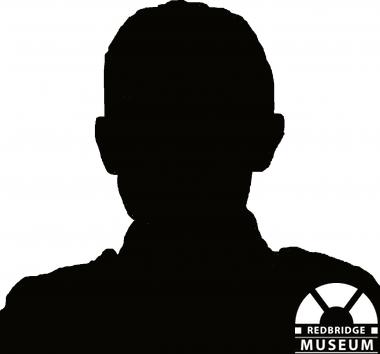
Douglas Tulloch Forbes was born in Wanstead on 6th June 1895. He was the only child of William Forbes from Forest Gate, and his wife, Edith, who was born in Hackney. William was a director of several companies as well as being an author and journalist.
Douglas grew up in a large house called ‘The Chilterns’ in Grove Park, Wanstead. The family had a nurse, a cook and two maids.
In September 1909, Mr. and Mrs. Forbes sent fourteen year old Douglas to Mill Hill School in north London as a boarder. Mill Hill was an all-boys school which drew its pupils largely from the non-conformist Christian community throughout England and Wales. Whilst at the school, Douglas was a member of the school’s Officer Training Corps.
On the 14th July 1915, Douglas received a commission in the army. He became a Lieutenant with the 17th Battalion (County Of London), the London Regiment (Poplar and Stepney Rifles).
Hugh Chidgey, an active member of Wanstead Congregational Church and Stepney Councillor, may have encouraged the young men of the Church to enlist with Douglas’ battalion. Chidgey’s son, Percy, and another local man, Richard Rathbone also served with this battalion. They were both killed in action and are remembered on the Church’s war memorial.
Douglas and his battalion fought their first battle in October 1915 at Loos, Belgium. In January 1916, Douglas was promoted to Temporary Second Lieutenant but only a few days later he was wounded and died in a French hospital, aged 20 years old. Officers like Douglas had very high mortality rates because they were expected to lead from the front.
Douglas’s Commanding Officer wrote:
‘Lieutenant Forbes was an exceedingly popular officer, being a favourite with his colleagues, and also with his men. Of a somewhat studious disposition, he took his duties seriously, and his work was marked by thoroughness unusual in one so young. He was very keen on going to the Front and made himself competent in order to qualify for the work before him. His untimely death is deeply regretted.’
Research by Wanstead United Reformed Church, with thanks to Mill Hill School
Sources:
Commonwealth War Graves Commission
Ancestry.com
